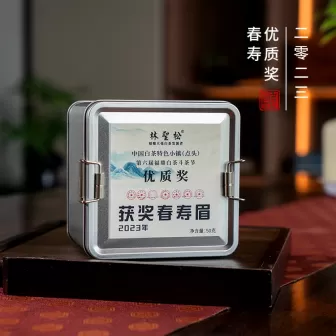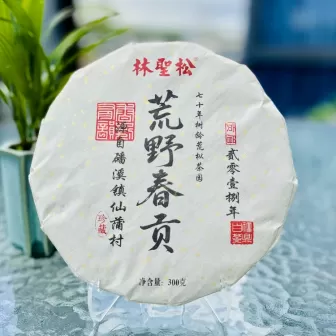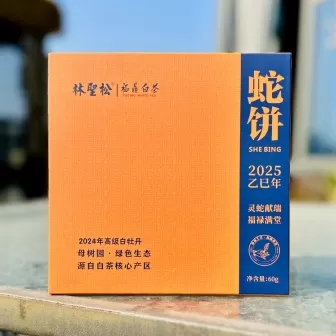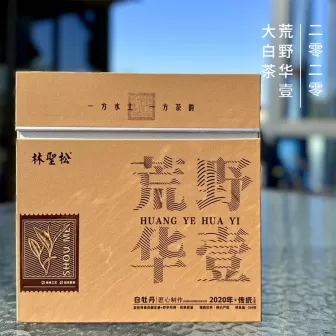Why Chinese Tea Makes the Most Thoughtful Gift?
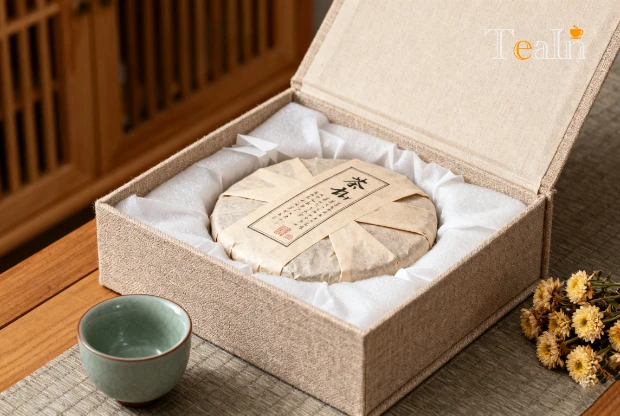
Choosing a gift always takes effort. You hope it’s meaningful and not clichéd, yet you also fear it might be chosen carelessly and end up gathering dust. But if you’re looking for a gift that blends cultural heritage, great taste, health benefits, and aesthetic appeal, Chinese tea is undoubtedly a standout choice. It’s more than just a bag of dried leaves; it’s wrapped in thousands of years of stories and your sincere intentions. Today, let’s talk about why tea is especially suitable for gifting to friends, colleagues, or anyone you care deeply about. Elegant white tea in particular is an excellent pick for gifting.
1. Tea Holds Thousands of Years of Chinese History
When you give tea, you’re not just handing over a box of a beverage. You’re passing on a connection that spans millennia. Since the ancient legend of Shennong discovering tea, tea has taken deep roots in Chinese soil. For thousands of years, it has become intertwined with daily life: it’s the warmth wafting from a teapot as a family gathers in the morning; it’s the elegant ritual of grinding and whisking tea at literati tea parties in ancient times; it’s also the poetic expressions of countless scholars who wrote about the joy of drinking tea.
Every type of tea carries its own “story of origin.” Take Longjing (Dragon Well) from West Lake, for example. Tea bushes take root quietly on moist hillsides, and for centuries, farmers have persisted in hand-picking young buds to preserve traditional methods. Pu’er from Yunnan, shaped into cakes, was originally designed for long-distance transportation by horse caravans, traveling from remote mountains to distant markets along ancient trade routes. White tea from Fuding, Fujian, is even more unique: since the Ming Dynasty, it has been made using the ancient method of “sun-withering and natural drying”, with no roasting or rolling involved. Tea leaves are left to unfurl and develop flavor slowly under the sun. Farmers adhere to this “letting nature take its course” philosophy, adding no extra steps, so every leaf of white tea carries the faint freshness of sunlight. Gifting a tin of white tea is like gently placing a piece of “slow-paced” Eastern tradition into the recipient’s hands.
Many gifts are easily forgotten after being given, but tea naturally sparks conversation. You can smile and tell a friend, “This white tea comes from Mount Taimu in Fuding. Farmers pick the leaves at dawn and dry them slowly in the sun all day, just as they did hundreds of years ago.” Such a gift is no longer a cold item but a warm exchange, and this thoughtfulness is something many trendy gifts can’t match.
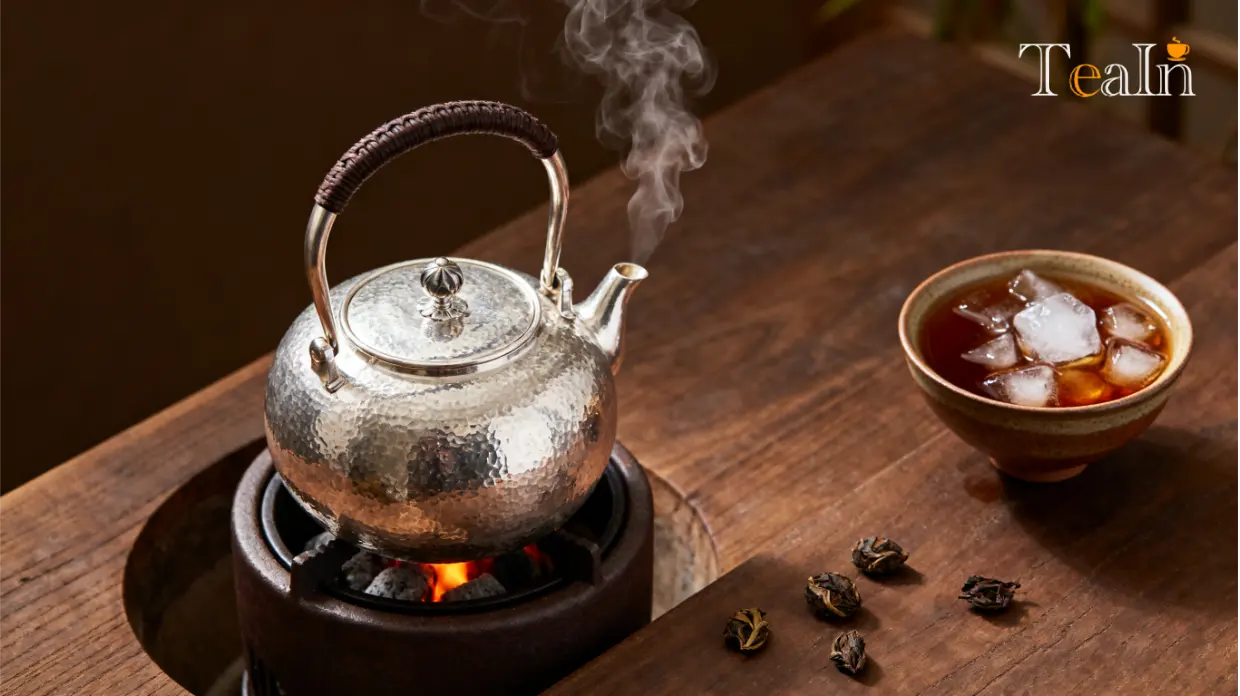
2. Wide Appeal—There’s Always a Type for the Recipient
The biggest worry when gifting is “what if the recipient doesn’t use it?” But tea rarely disappoints. Unlike some local specialties with strong regional flavors, tea is a gentle “universal language”, and almost everyone is willing to pause for a cup of warm tea to let go of some busyness. Chinese tea comes in a rich variety of types, from light and fresh to mellow and rich, with floral or honeyed notes, so you can always find one that suits the recipient’s taste. Among them, white tea has exceptional versatility.
If the recipient prefers an extremely fresh taste, Baihao Yinzhen (Silver Needle) is perfect. Covered in fine silvery down, it offers a pure, sweet flavor with the delicate aroma of tea buds—similar to sipping spring morning dew, clean and refreshing. If they enjoy softness with a touch of complexity, Bai Mudan (White Peony) is ideal. Its tea soup carries faint orchid and fruity notes, fresh yet mellow, and even those new to tea will find it easy to enjoy. Even if the recipient favors a richer taste, aged Shoumei (Longevity Eyebrow), which has been aged for several years, won’t disappoint. Time gives it notes of jujube and herbs, and its smooth tea soup is warm and comforting, making it especially pleasant in autumn and winter. What’s more, white tea is flexible in preparation: it releases its aroma when brewed hot, and turns refreshing when cold-brewed. Gifting a tin of white tea in summer lets the recipient explore the new experience of cold-brewing, and this flexibility makes your thoughtfulness even more heartfelt.
Another advantage is that tea fits every occasion. Gifting a box of early-spring Baihao Yinzhen to a client, with its exquisite packaging and elegant style, conveys “I value you.” Bringing a jar of aged Shoumei to an elder shows your care, as it’s gentle on the stomach. Giving a box of Bai Mudan to a friend, with its fragrant aroma, expresses the ease of “sharing a nice moment.” It doesn’t discriminate between recipients or relationships, always conveying your intentions appropriately.
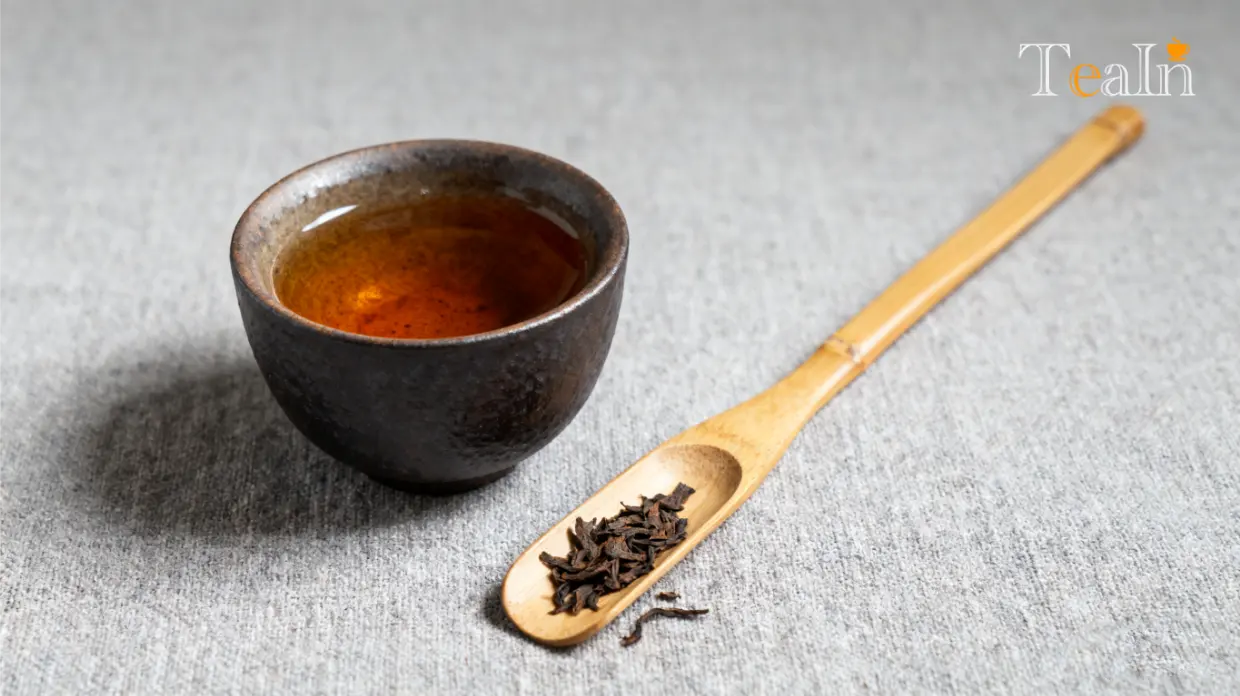
3. Gifting Tea Is Gifting “Everyday Health”
Let’s be honest: when gifting things like candy or wine, we often hesitate a little. They’re delicious, but not exactly healthy. Tea solves this problem perfectly. It’s not just a gift, but also a thoughtful way to care for the recipient’s well-being. White tea, in particular, embodies this gentle care.
Chinese people have drunk tea for thousands of years, and this tradition is backed by modern science: green teas like Longjing are rich in catechins, which boost energy and protect cells. Oolong teas aid digestion, making them great for those who enjoy rich, heavy meals. Even aged Pu’er is often regarded as a gentle way to soothe the stomach, offering a comfortable drinking experience. White tea has unique health benefits too: it retains more amino acids from tea leaves, and behind its fresh taste is gentle care for the body. Fresh white tea is refreshing and invigorating, perfect for office workers to beat fatigue. Aged white tea, which has been aged for over 3 years, shifts from slightly cool to warm and gentle in nature, making it kinder to the stomach. Brewing a pot of it in autumn or winter warms the body and brings comfort. Moreover, high-quality white tea is “naturally made”, with no roasting, rolling, or additives. It offers just the pure, original flavor of tea leaves, so it can be enjoyed with peace of mind.
What I love most about tea is that it’s not a “one-time surprise” but a companion for daily life. Every time the recipient brews a cup, they’re not just savoring tea’s aroma. They’re also taking a quiet moment for themselves, slowing down to breathe and care for their body and mind. Behind this gift is your sincere wish: “I hope you take good care of yourself amid busyness.”
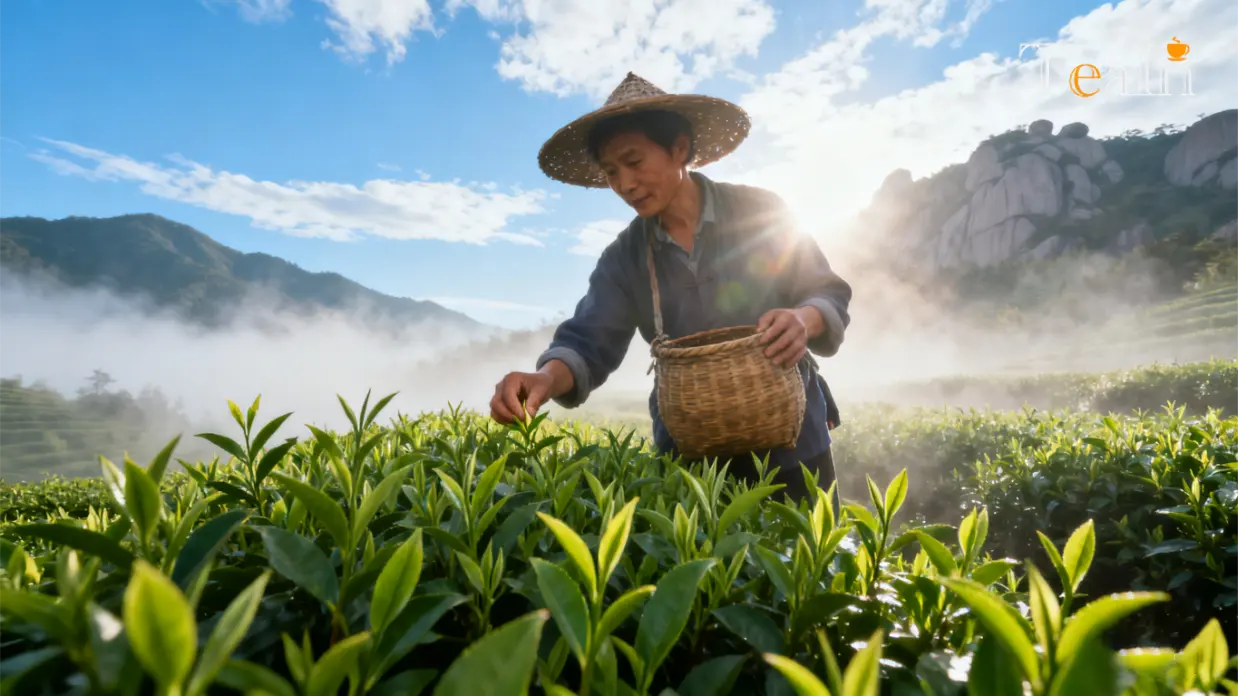
4. Elegant Packaging—Unboxing Is a Delight
It’s worth mentioning that tea packaging itself is full of ritual, making every gifting experience complete. Unlike the mass-produced packaging of ordinary goods, Chinese tea gifts strike a perfect balance between tradition and modernity: they might come in silk bags embroidered with ink-wash landscapes (soft to the touch), small porcelain jars painted with blue-and-white patterns (serving as exquisite decorations when placed on a table), or red-and-gold gift boxes (red symbolizes good fortune in Chinese culture, adding an extra layer of blessing). White tea packaging, in particular, reflects its “elegant and natural” character, captivating at first glance.
For example, Baihao Yinzhen is often packed in plain cotton paper or bamboo boxes, revealing the silvery luster of its buds. Minimalist yet sophisticated, opening the package feels like catching a whiff of sunlight. Bai Mudan is usually packed in light-colored gift boxes printed with subtle floral patterns, which complement its floral aroma. The overall feel is gentle and fresh. Aged Shoumei often comes in simple clay jars or kraft paper gift boxes, exuding the weight of time, as if telling stories of its aging process. Even simple packaging is full of thought: tea cakes wrapped in cotton paper with calligraphy, or small tins of tea adorned with hand-drawn illustrations of tea plantations. These details are more than just decorations; they’re extensions of your feelings. When the recipient touches the gift box and opens it slowly, they feel not just visual beauty, but also the care you put into choosing the gift. It’s a silent expression of “I chose this carefully for you,” and that sincerity is more precious than anything else.
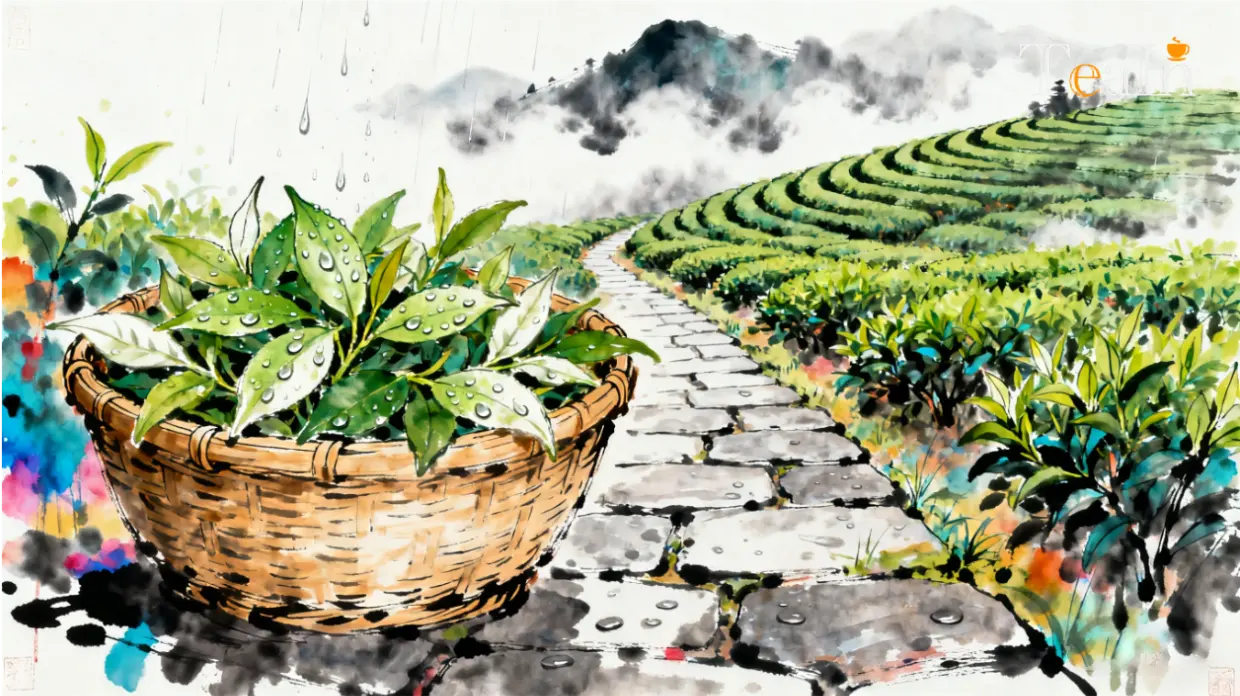
I’ve Always Believed: Tea Is a Gift of Heart and Companionship
Ultimately, what makes tea such a touching gift isn’t its price tag, but the “warmth” at its core. When you choose a type of tea that suits the recipient, whether it’s fresh Baihao Yinzhen or mellow aged Shoumei, and share stories about its origin with them. These stories might include the sunlight of Mount Taimu in Fuding or the ancient techniques of tea farmers, and in doing so, you’re quietly saying: “I want to share this slow moment with you.”
In a world where even conversations are often rushed, a cup of tea is a gentle reminder: don’t hurry, just savor the present. It’s like watching white tea leaves unfurl slowly at the bottom of a cup, or chatting with a friend over tea without rushing to end the conversation. That’s the unique meaning of tea as a gift. It’s not meant to be consumed in a hurry; instead, it invites people to experience, feel, and remember this “thoughtful warmth.”
So the next time you’re stuck on choosing a gift, try Chinese tea. Whether it’s elegant Baihao Yinzhen, mellow aged white tea, rich Pu’er, or fragrant jasmine tea, your thoughtfulness can be tucked into every leaf. Every time the recipient brews a cup, they’ll taste the aroma of tea on their tongue and feel your unique, thoughtful care in their heart.

